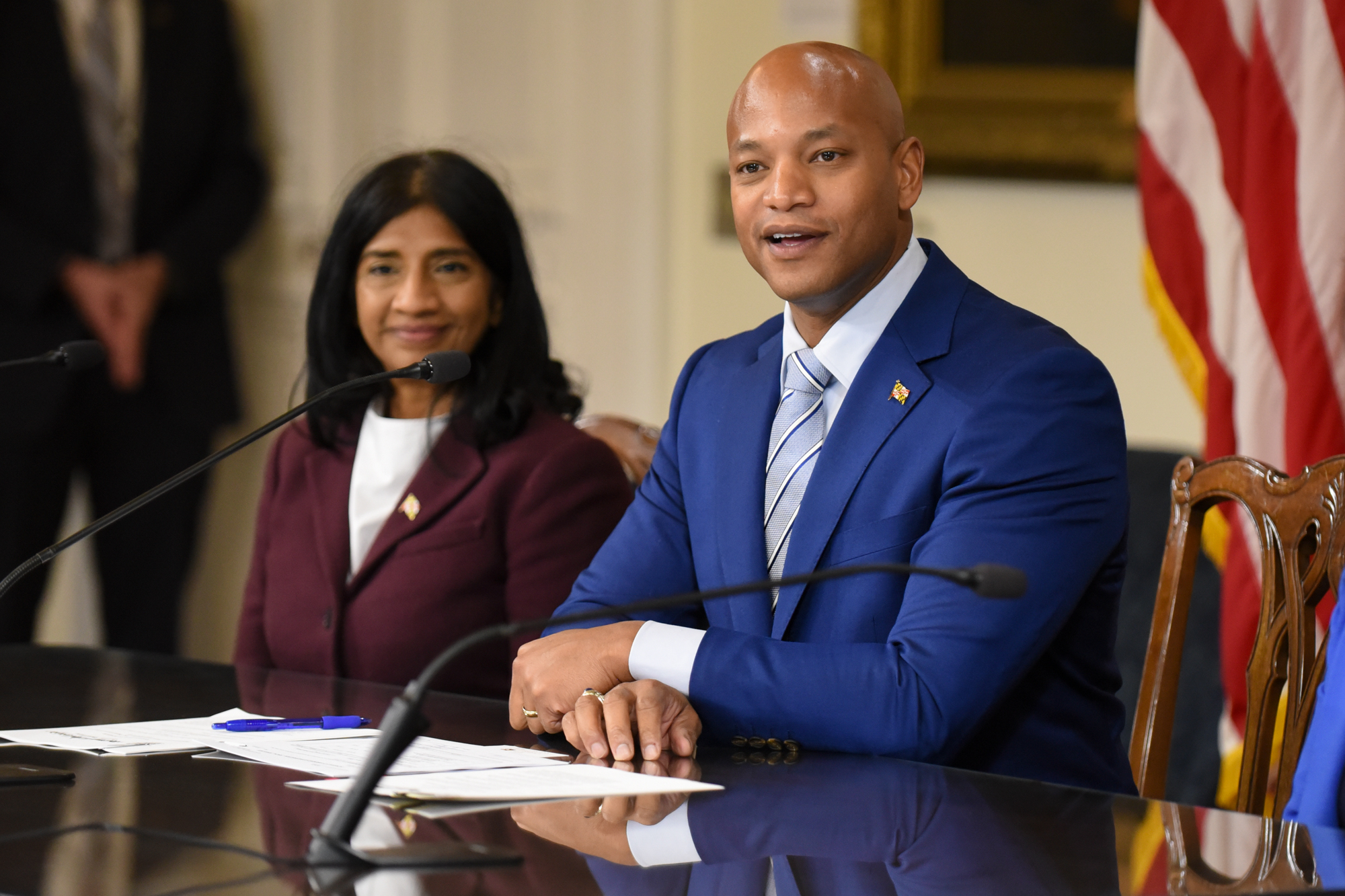Views expressed in opinion columns are the author’s own.
Like many Democrats, I believe public dollars belong in public schools. But the Maryland State Senate, despite its Democratic supermajority, seems to disagree.
Since 2016, the Broadening Options and Opportunities for Students Today program has awarded grants to low-income students in Maryland to attend the private schools of their choice. The program’s funding has doubled in size since it began. This year, however, Maryland Democrats should start to eliminate it.
Gov. Wes Moore supports phasing out BOOST school vouchers, starting with a 20 percent cut in his first budget plan. The House of Delegates voted to approve this budget. But last week, Senate President Bill Ferguson’s support for school vouchers helped earn full funding for BOOST in the state Senate.
What happens next will be determined by a conference committee tasked with developing a solution that gets the approval of both chambers.
By giving some students the option to attend private schools, legislators lose their imperative to responsibly oversee the implementation of the Blueprint for Maryland’s Future. The Blueprint, a landmark education package passed by the General Assembly in 2021, will require a decade to be fully enacted.
Lawmakers recognize the urgency of the Blueprint’s reforms for the sake of the nearly one million students in Maryland’s public schools. By preserving BOOST for some low-income families, legislators are becoming complacent with the status quo of education in our state.
The General Assembly cannot view school vouchers as an acceptable stopgap measure while dragging their feet on implementing the Blueprint. The future of public schools — not private schools — should be our state’s focus.
Moreover, as Maryland administers the Blueprint, providing billions of dollars to public schools, it is a fiscal nightmare to fund two clashing sources of education. Only public education is the constitutional responsibility of the state government, and that is the sole source taxpayers should be responsible for financing.
Arguments that BOOST is influential for low-income students are disingenuous too, given the program’s very limited scope. During the current academic year, the program has provided grants to 3,248 students who are eligible for free and reduced-price meals. But the total number of students eligible for these meals in Maryland exceeds 400,000, meaning BOOST offers funds to less than one percent of them — barely making any dent.
There is no evidence that school vouchers actually consistently improve the achievement of these select recipients. But there is plenty of evidence that they do just the opposite. In Washington, D.C., for example, researchers found that vouchers have a greater negative impact on student achievement than smoking, which is about the same impact as missing more than two months of school.
Plus, every dollar put into BOOST gets funneled into private schools, which, under Maryland law, have no obligation to meet the same anti-discrimination standards as public schools or disclose how funds are being spent. A widespread expansion of school vouchers would ultimately facilitate efforts to completely privatize our public education system.
State lawmakers must reflect carefully on the isolating message they send to young people by signaling that their school isn’t as ‘good’ as the one on the next block. If a public school doesn’t meet our standards, we ought to invest in it — not give up on it.
Letting BOOST remain in place is undoubtedly harmful for Maryland’s students. But if that doesn’t motivate legislators to end it, they should know it’s also a tactless political move. The program was a pet project of former Gov. Larry Hogan, who was a disaster on education policy. Hogan vetoed the Blueprint, forcing the legislature’s override, and was criticized for proposing funding cuts for public schools.
Allowing BOOST to continue would be an implicit endorsement of Hogan’s education policy. That’s not exactly the rallying cry Democrats should embrace if they want to show voters what our party stands for. Demonstrating that having unified government matters is necessary to retain the governor’s seat.
In passing the Blueprint last year, Maryland took an important step toward recognizing the challenges facing our public education system and taking action to address them. But as public schools struggle to recover from COVID-19 and withstand a volley of political assaults, it’s not time for half measures — we must give them every dollar we can.
Dhruvak Mirani is a freshman computer science and government and politics major. Mirani can be reached at contact@dhruvak.com.



